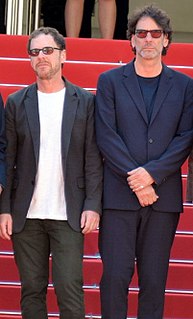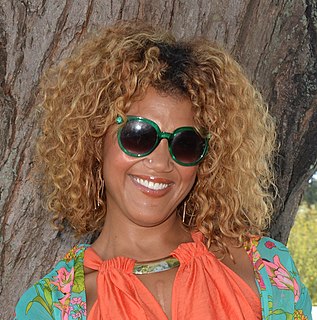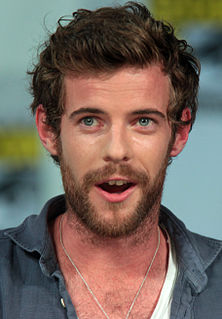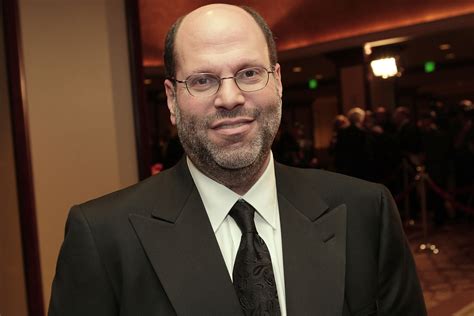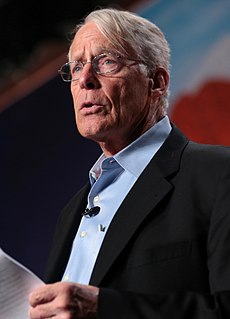A Quote by Irvine Welsh
There's no one way of telling a story or looking at reality, so I think any device is up for grabs as long as it fits in with the tone.
Related Quotes
Sometimes, in certain stories, I think we know at the outset essentially what the tone is going to be, or it becomes important that we're groping toward some kind of story with a certain kind of tone that we both get somehow. But I don't think how that's combined with other elements is ever in any way overtly discussed.
Each of us chooses the tone for telling his or her own story. I would like to choose the durable clarity of a platinum print, but nothing in my destiny possesses the luminosity. I live among diffuse shadings, veiled mysteries, uncertainties; the tone of telling my life is closer to that of a portrait in sepia.
In fiction the narrator is a performance of voice, and it can be any style of voice, but I'm interested in the ways that a voice that knows it's telling a story is actually telling a different story than it intends to. In the way that I can sit here and tell you what I had for breakfast, but I'm really telling you that I'm having an affair, something like that. And I don't think my writing is plain, but I think a lot of my characters are just talking. There is vulnerability there, in that we can start to see through them, we can start to see where they're deceiving themselves.
The movie not only about what story you're telling and who you're looking at. It's mostly about how you're telling it and how you're looking at it. And people who don't like it, who say, "Oh, it's not 'true' because you're looking at it in a stylized way" - it's a movie and it's fiction, so it's also a lot in the artistic direction that it is political.
I think that when I'm telling a story, I'm doing the best I can to tell the story as fully as I can, and if there are various fractures that happen in the story, then that's just the very thing that the story is as opposed to my looking for avenues of difference in one story. They just really do exist. For me, anyway.
You just want to find a story that grabs you and that you've never seen before, but somehow you can't imagine it not existing. It's like a good book. What makes a good book is hard to say. I don't know. I just look for something that grabs me. I don't have a way of looking for a project, and I don't know many people that do. It's just year to year, and what's going around and what's there.
You read a script, you try and think through what is the best, most wide-ranging way of telling the story: who stylistically, character-logically, psychologically fits inside the world of what you're trying to do. A lot of it, when you're casting, is trying to get yourself in the head of a director.
I think that people have to have a story. When you tell a story, most people are not good storytellers because they think it's about them. You have to make your story, whatever story it is you're telling, their story. So you have to get good at telling a story so they can identify themselves in your story.
I arrived at my way of "working" as a way of visually approximating what I feel the tone of fiction to be in prose versus the tone one might use to write biography; I would never do a biographical story using the deliberately synthetic way of cartooning I use to write fiction. I try to use the rules of typography to govern the way that I "draw," which keeps me at a sensible distance from the story as well as being a visual analog to the way we remember and conceptualize the world.


